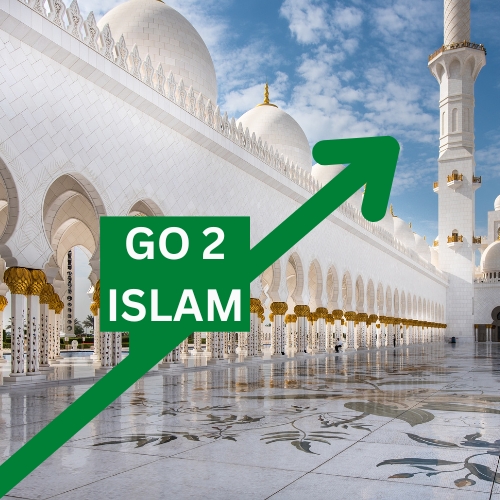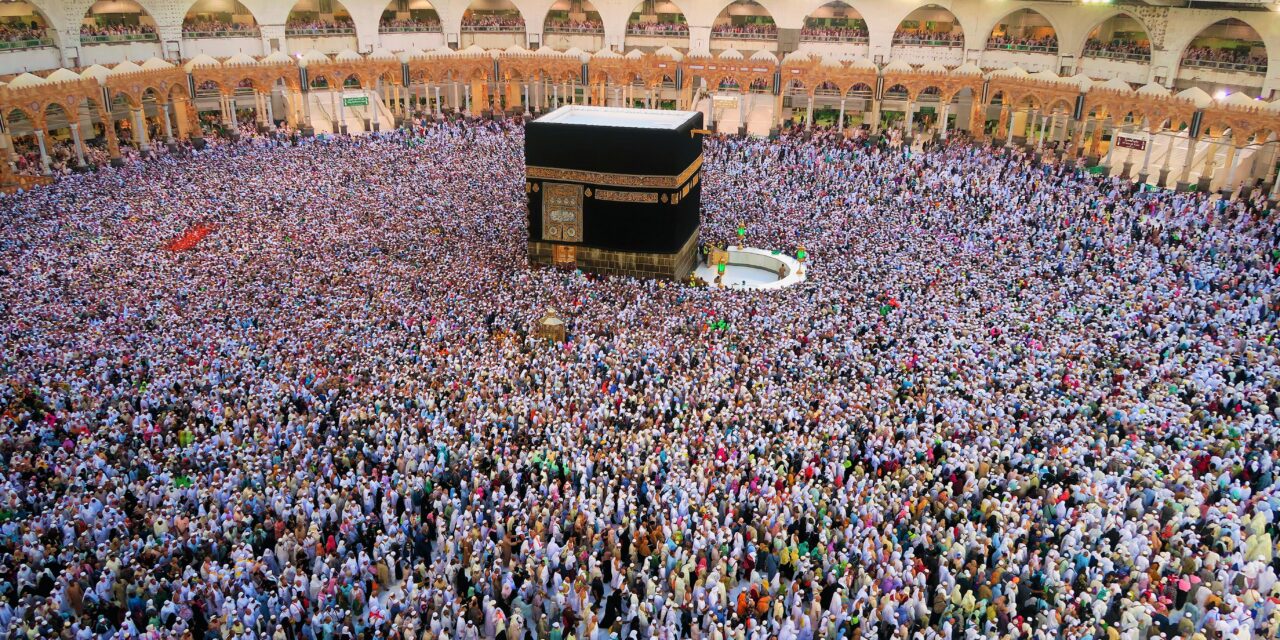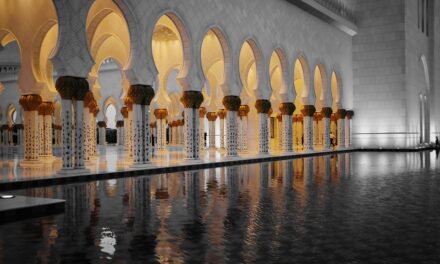Prophet Muhammad (peace be upon him) is one of the most important figures in human history. He is the last prophet and messenger of God according to Islamic belief, and his teachings have shaped and guided the Islamic community for over 14 centuries. This article will detail the biography of Prophet Muhammad (pbuh) from his birth and early life to his death and legacy.
Prophet Muhammad (pbuh) was born in Mecca in 570 AD. His father, Abdullah, died before he was born and his mother, Amina, passed away when he was six years old. He was then raised by his uncle, Abu Talib. Despite his humble beginnings, Muhammad (pbuh) was known for his honesty and integrity from a young age. He would often spend time in solitude, reflecting on the state of his society and the condition of the poor.
At the age of 40, Muhammad (pbuh) received his first revelation from God through the angel Gabriel. This marked the beginning of his prophetic mission, which would last for the next 23 years. At first, he only shared his revelations with a small group of close friends and family, but eventually began to publicly proclaim the message of Islam. The message he brought was simple: there is only one God (Allah) and everyone should worship and submit to Him alone. This message challenged the polytheistic beliefs of the Meccans, who rejected and persecuted Muhammad (pbuh) and his followers.
In 622 AD, Muhammad (pbuh) and his followers migrated from Mecca to Medina, an event known as the Hijra. This migration marked the beginning of the Islamic calendar and the establishment of the first Islamic state and society. In Medina, Muhammad (pbuh) was recognized as a leader and was able to unite the various tribes and factions under the banner of Islam. He also established the first mosque, the Prophet’s Mosque, in Medina.
During the next decade, Muhammad (pbuh) and his followers engaged in a series of battles with the Meccans, known as the Ridda Wars. These battles were fought to secure the control of the Arabian Peninsula under Islam. In 630 AD, Muhammad (pbuh) and his followers were able to conquer Mecca and bring an end to the wars.
After the conquest of Mecca, Muhammad (pbuh) continued to spread the message of Islam throughout Arabia and beyond. He sent letters to the rulers of neighboring states inviting them to accept Islam, and many did so. He also established treaties and alliances with non-Muslim communities. In 632 AD, Muhammad (pbuh) performed his last Hajj pilgrimage and delivered his famous Farewell Sermon, in which he urged his followers to remain united and to treat all people, regardless of their religion or race, with justice and compassion.
After the Farewell Sermon, Muhammad (pbuh) fell ill and died on June 8, 632 AD. He was buried in Medina and his death marked the end of his prophetic mission.
After the death of Muhammad (pbuh), the leadership of the Islamic community fell to the caliphs, or “successors”. The first four caliphs, known as the Rashidun or “Rightly Guided” caliphs, were his close companions: Abu Bakr, Umar ibn al-Khattab, Uthman ibn Affan, and Ali ibn Abi Talib. These caliphs continued to expand the Islamic empire and establish a powerful and influential civilization.
However, after the death of the fourth caliph, Ali, a period of political turmoil known as the First Fitna broke out. This led to the establishment of the Umayyad dynasty in 661 AD, which shifted
the capital of the empire from Medina to Damascus. The Umayyads were successful in consolidating their power and expanding the empire further, but their rule was marked by corruption and oppression.
In 750 AD, the Umayyads were overthrown by the Abbasid Caliphate, which moved the capital to Baghdad. Under the Abbasids, the Islamic empire reached its golden age, with a flourishing of culture, science, and art. It was during this time that many of the great Islamic scholars, scientists, and philosophers of history lived and contributed to the advancement of human knowledge.
Over the next several centuries, the Islamic empire continued to expand and evolve. The Ottomans, a powerful Turkish dynasty, established a vast empire that lasted for over 600 years, until its collapse in the early 20th century. Throughout its history, Islam has faced challenges from internal and external forces, but it has also been able to adapt and evolve.
Today, Islam is the second-largest religion in the world, with over 1.8 billion followers. The teachings of Prophet Muhammad (pbuh) continue to shape and guide the lives of Muslims around the globe. His message of monotheism, social justice, and equality resonates with people of all backgrounds and cultures. His life and legacy serve as an inspiration and a guide for how to live an honorable and meaningful life, in accordance with the will of God.
In conclusion, Prophet Muhammad (pbuh) was a man of humble origins who received revelations from God and became the last prophet and messenger of Islam. His message challenged the polytheistic beliefs of his society, and he faced persecution and opposition, but he never wavered in his mission to spread the message of Islam. He established the first Islamic state, society and mosque, and led his followers to many victories, and through his leadership, the Islamic empire expanded and developed into one of the most advanced civilization in the world. His legacy continues to inspire and guide Muslims around the globe to this day.



